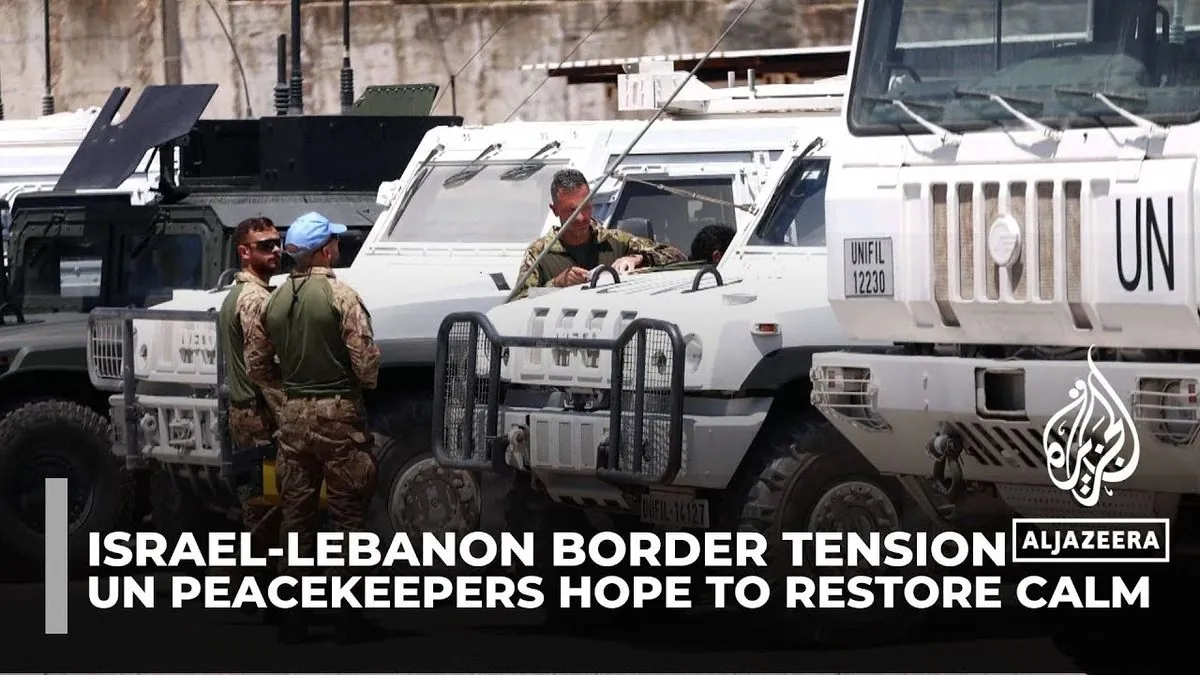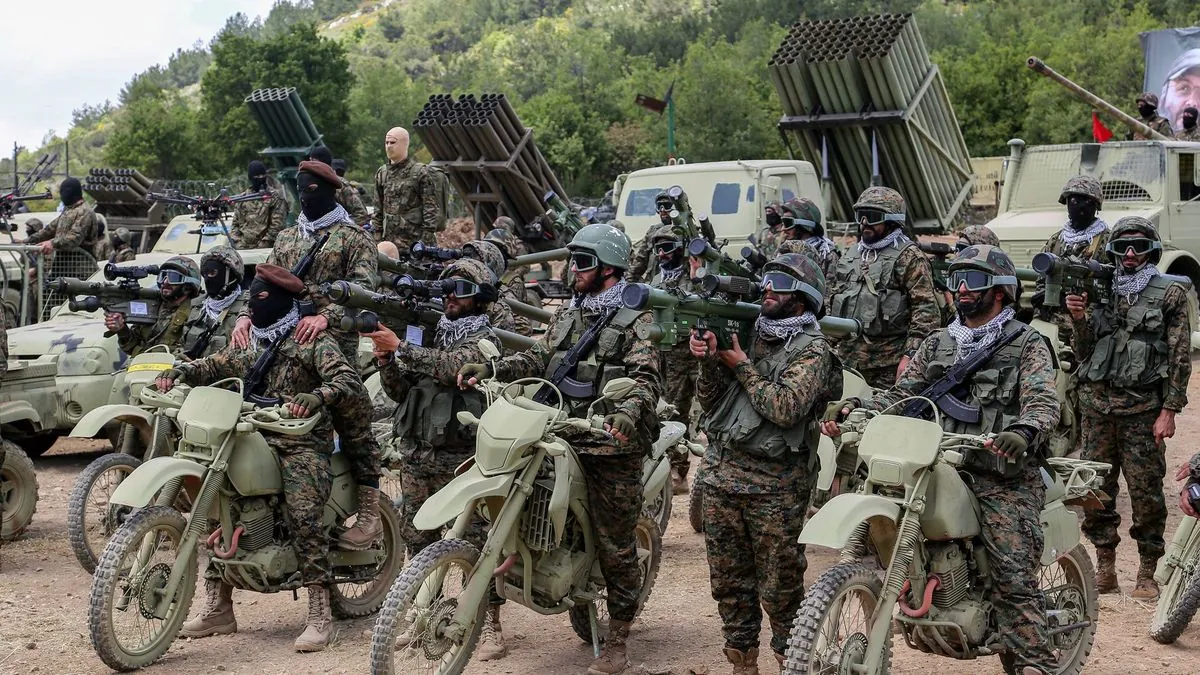Israel-Hezbollah Standoff: Cease-fire Prospects Amid Escalating Tensions
Israel and Hezbollah face pressure for a cease-fire, but conflicting demands complicate negotiations. Recent attacks and political challenges on both sides raise stakes in the ongoing conflict.

The ongoing conflict between Israel and Hezbollah has reached a critical juncture, with international calls for a cease-fire growing louder. Despite strong incentives for both parties to heed these appeals, the path to peace remains fraught with challenges.
Hezbollah, founded in 1985 in response to Israeli occupation of southern Lebanon, has suffered significant losses in recent weeks. Israeli airstrikes have targeted key Hezbollah positions, resulting in the deaths of two high-ranking commanders in Beirut and over 600 casualties across Lebanon. The militant group, which possesses an estimated arsenal of 100,000-150,000 rockets and missiles, has yet to fully unleash its military capabilities.
Israel, on the other hand, appears to have the upper hand militarily. However, achieving its goal of halting Hezbollah's rocket fire solely through air power seems unlikely. A ground invasion of Lebanon poses substantial risks, especially considering that Israeli forces are still engaged in Gaza after nearly a year of conflict.
The United States and its allies have proposed a 21-day cease-fire to create space for diplomatic efforts. This initiative aims to de-escalate tensions and prevent a wider regional conflict. However, both sides face significant obstacles in accepting such a proposal.
Hezbollah has linked its actions to the situation in Gaza, stating it will cease attacks only if a truce is reached there. This demand presents a considerable challenge for Israel, which views it as rewarding aggression. The militant group, which receives an estimated $700 million annually from Iran, risks appearing weak if it halts operations without tangible gains for Palestinians.
For Israel, the primary objectives in Lebanon are narrower than those in Gaza. The country seeks to ensure the safe return of tens of thousands of evacuees to northern communities and prevent future large-scale attacks. A temporary cease-fire may not suffice to achieve these goals, and Israel is likely to demand additional security guarantees.
"Our campaign in the north should only end in one scenario – crushing Hezbollah and denying its ability to harm residents of the north."
The political landscape in Israel further complicates matters. Prime Minister Benjamin Netanyahu leads a coalition government that includes far-right partners opposed to significant concessions. Any perceived compromise could threaten the stability of his administration and potentially end his political career.
Iran's role in the conflict adds another layer of complexity. While Tehran likely seeks to avoid direct confrontation with the United States, it cannot stand idly by as its most powerful proxy force faces dismantlement. The recently elected Iranian President, Masoud Pezeshkian, has struck a more conciliatory tone towards the West but maintains a firm stance against Israel.
As the situation unfolds, the international community watches closely. The United Nations Interim Force in Lebanon (UNIFIL), established in 1978, continues its mission to maintain stability along the Blue Line, the UN-demarcated border between Lebanon and Israel. However, the effectiveness of such peacekeeping efforts remains limited in the face of ongoing hostilities.

The path to peace in this long-standing conflict remains uncertain. With both sides entrenched in their positions and facing domestic pressures, finding common ground for a lasting cease-fire will require significant diplomatic efforts and potential compromises from all parties involved.


































